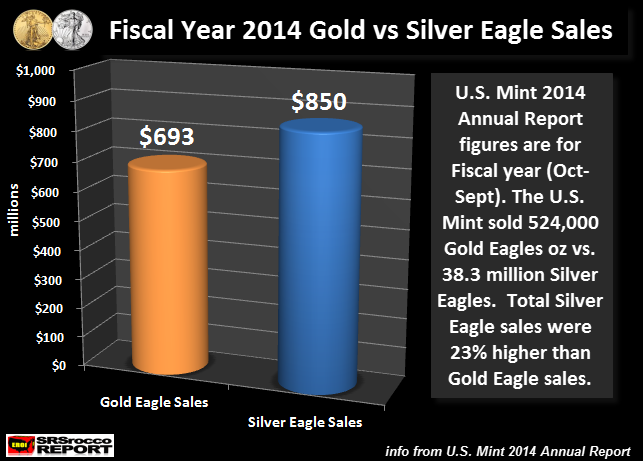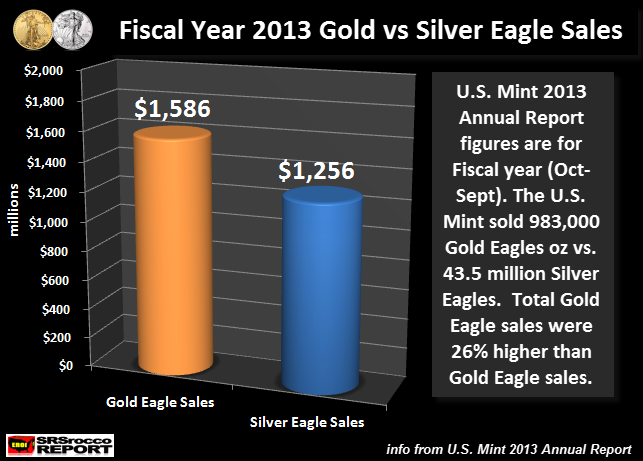
Andrew King, NZ Property Investors Federation executive officer, said a harsher regime could have severe implications for more than 1 million tenants in over 453,000 rental households.
"Unnecessary risk weighting rules around rental properties will likely increase the cost of borrowing and push rental prices higher.
"Rental property loans are actually less risky than many of the loans taken out against homes to fund businesses," Mr King said.
"The Reserve Bank should be far more wary of these regions," Mr Whitburn said.
They were reacting to yesterday's Reserve Bank announcement that it was seeking feedback on lending to residential property investors and more particularly how exactly to define those investors or their loans.
The bank is taking particular aim at the most risky borrowing, solely reliant on rental income for a landlord to repay loans.
The bank has rejected the concept of eyeing landlords with more than four properties.
Steeper lending charges have been widely tipped but restrictions on lending are also possible.
Nothing has been decided but the upshot could be that landlords might have to pay higher interest rates and their borrowing might have to be treated differently by the banks so their risk weighting would rise.
Toby Fiennes, the banks' head of prudential supervision, released details of the consultation which closes on April 7, indicating landlords could be a danger to New Zealand's financial system in the event of a housing collapse.
"International evidence suggests that default rates and loss rates experienced during sharp housing market downturns tend to be higher for residential property investment loans than for loans to owner occupiers," Mr Fiennes said, adding that the changes would bring the bank's framework more into line with international standards for bank capital.
"The proposed rule amendment is designed to ensure that banks hold adequate capital for the risks that they face from investment property lending," he said.
Finance Minister Bill English has said the Government would support new lending rules to target property investors if the Reserve Bank thought these loans were a higher risk than other residential loans.
Mr King said property investors provided crucial private rental accommodation.
"There have been many stories recently of potential tenants struggling to find suitable accommodation.
"Surely the Reserve Bank and Government should be supporting the efforts of our members to improve the accommodation shortfall and not making it difficult to provide homes for tenants," he said.
Latest Census data showed that in 2013, 453,135 households rented their home (that is, paid rent), up from 388,275 in 2006.
Households who rented were most likely to be one-family households (63.3 percent) or one-person households (23.5 percent), Census 2013 found.
Most households rent from the private sector (83.7 percent or 355,554 households), up from 81.8 percent in 2006 and 78.4 percent in 2001.
There were 52,503 households who reported that they rented from Housing New Zealand, and 11,307 households who rented from a local authority or city council, Census 2013 showed.
In the gun? Residential property investment definitions include:
• If the mortgaged property is not owner-occupied
• If servicing of the mortgage loan is primarily reliant on rental income
• If servicing of the mortgage loan is at all reliant on rental income
Source: Reserve Bank
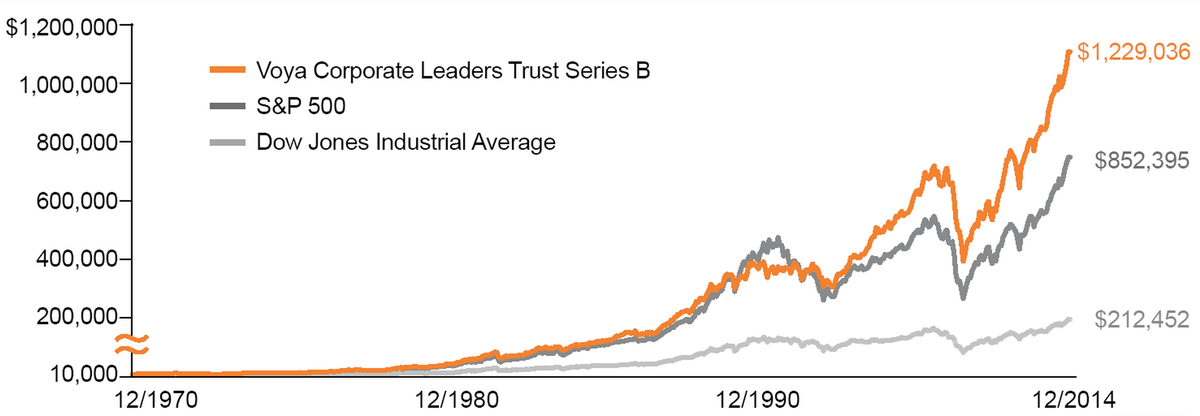

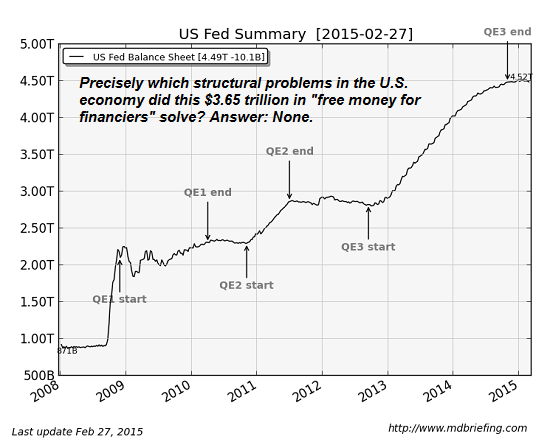
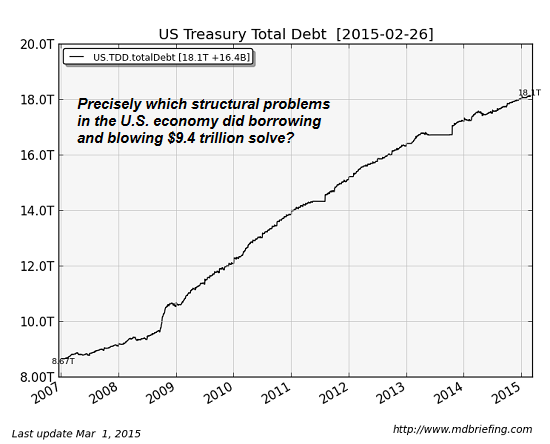









 (Pictured: Shoeshine Boy In New York City Circa 1924)
(Pictured: Shoeshine Boy In New York City Circa 1924)
